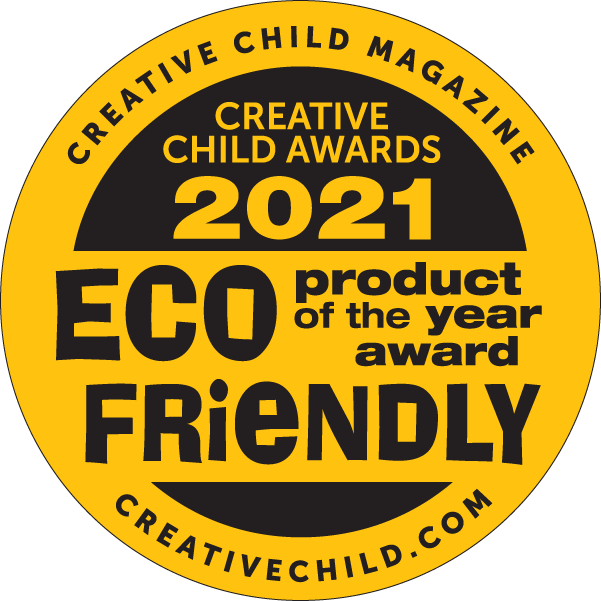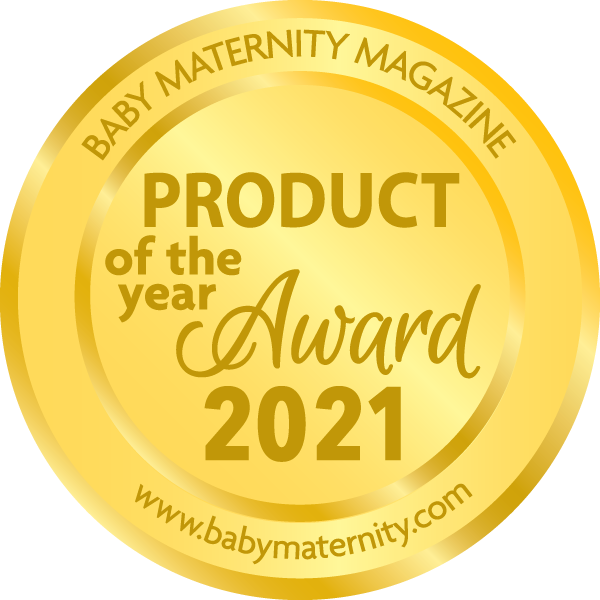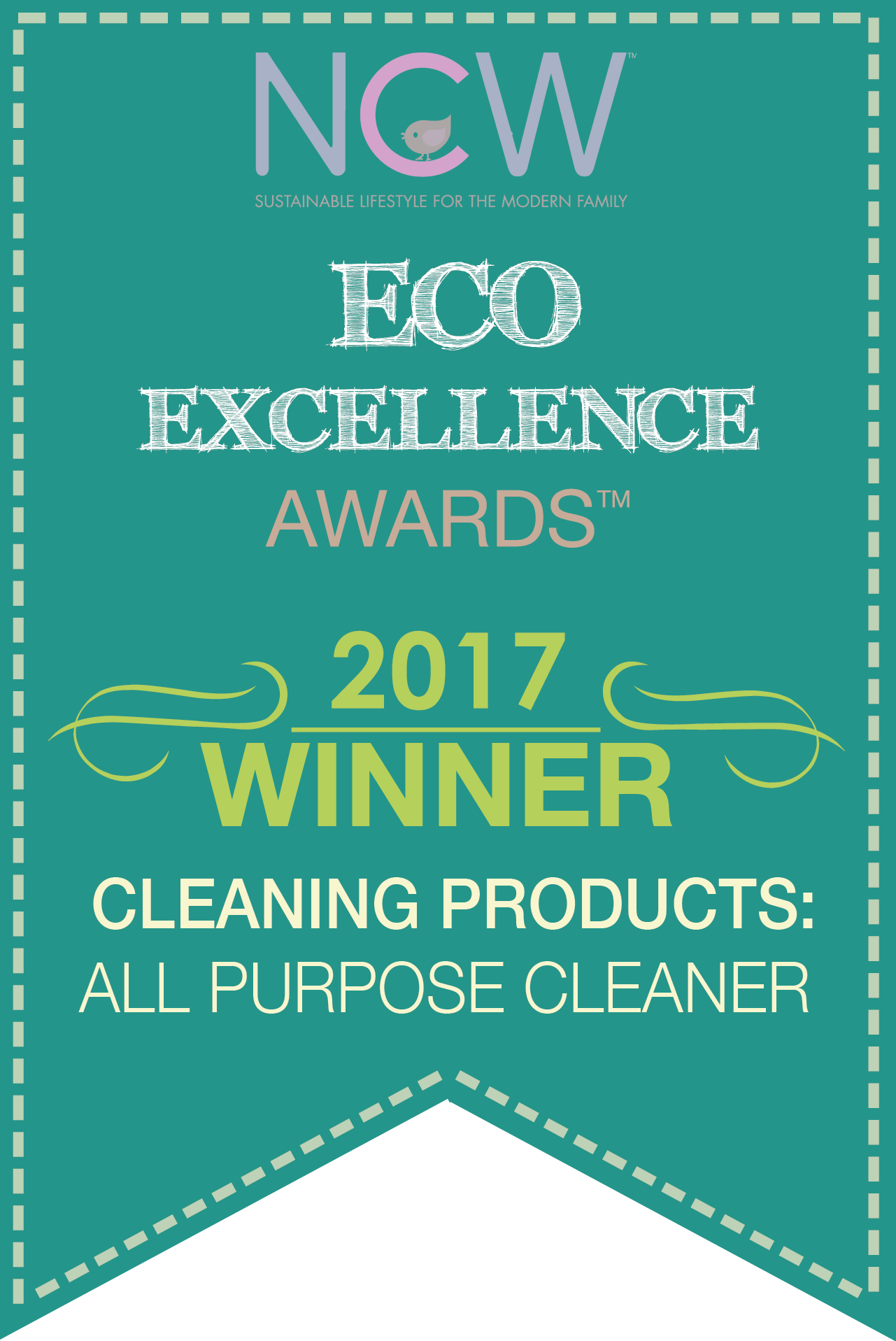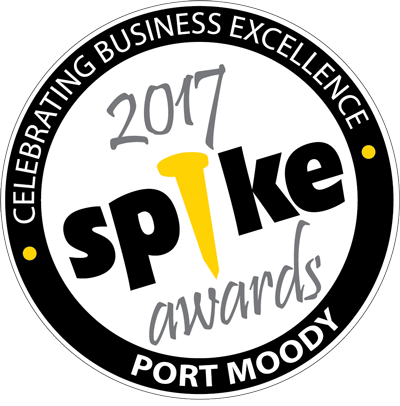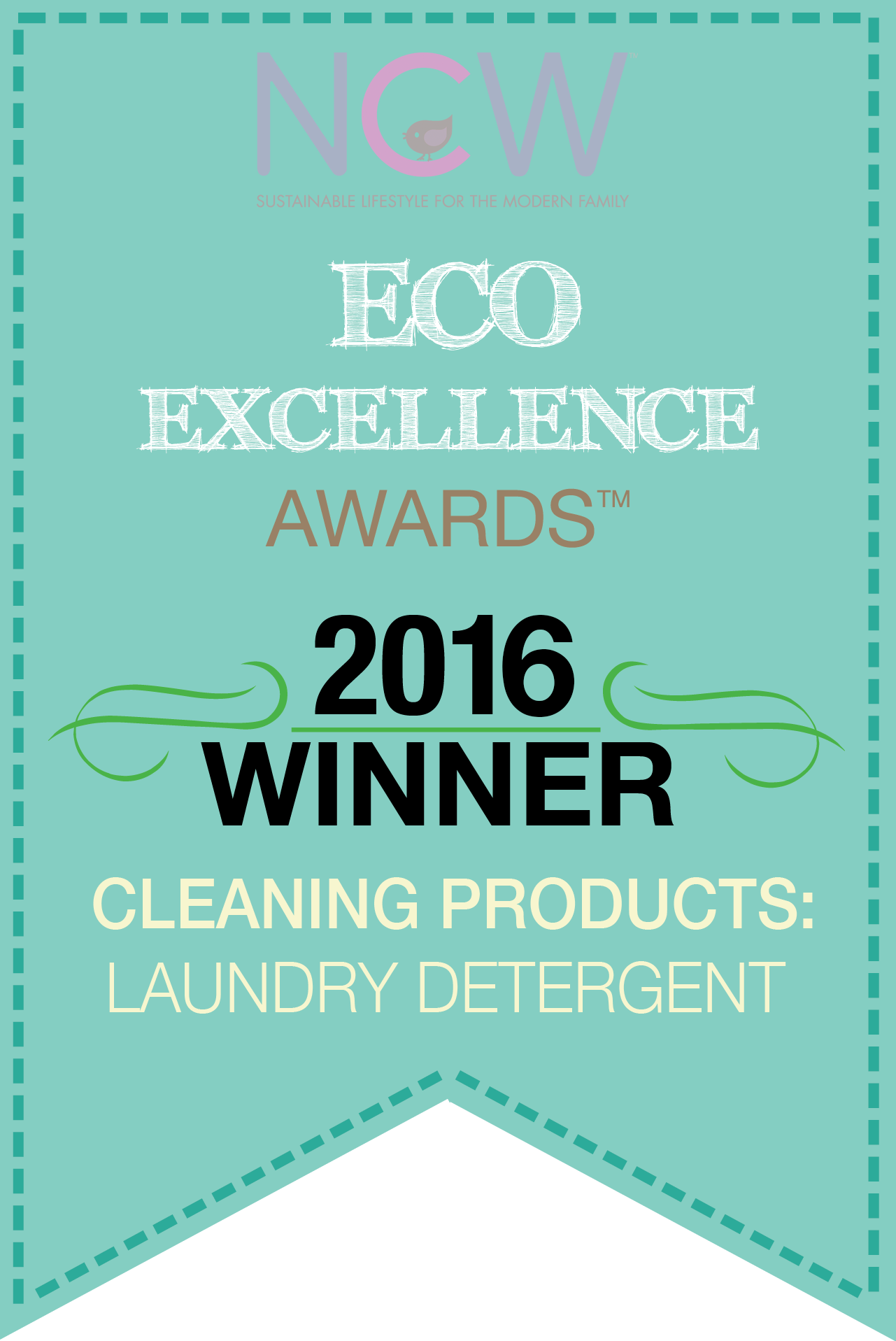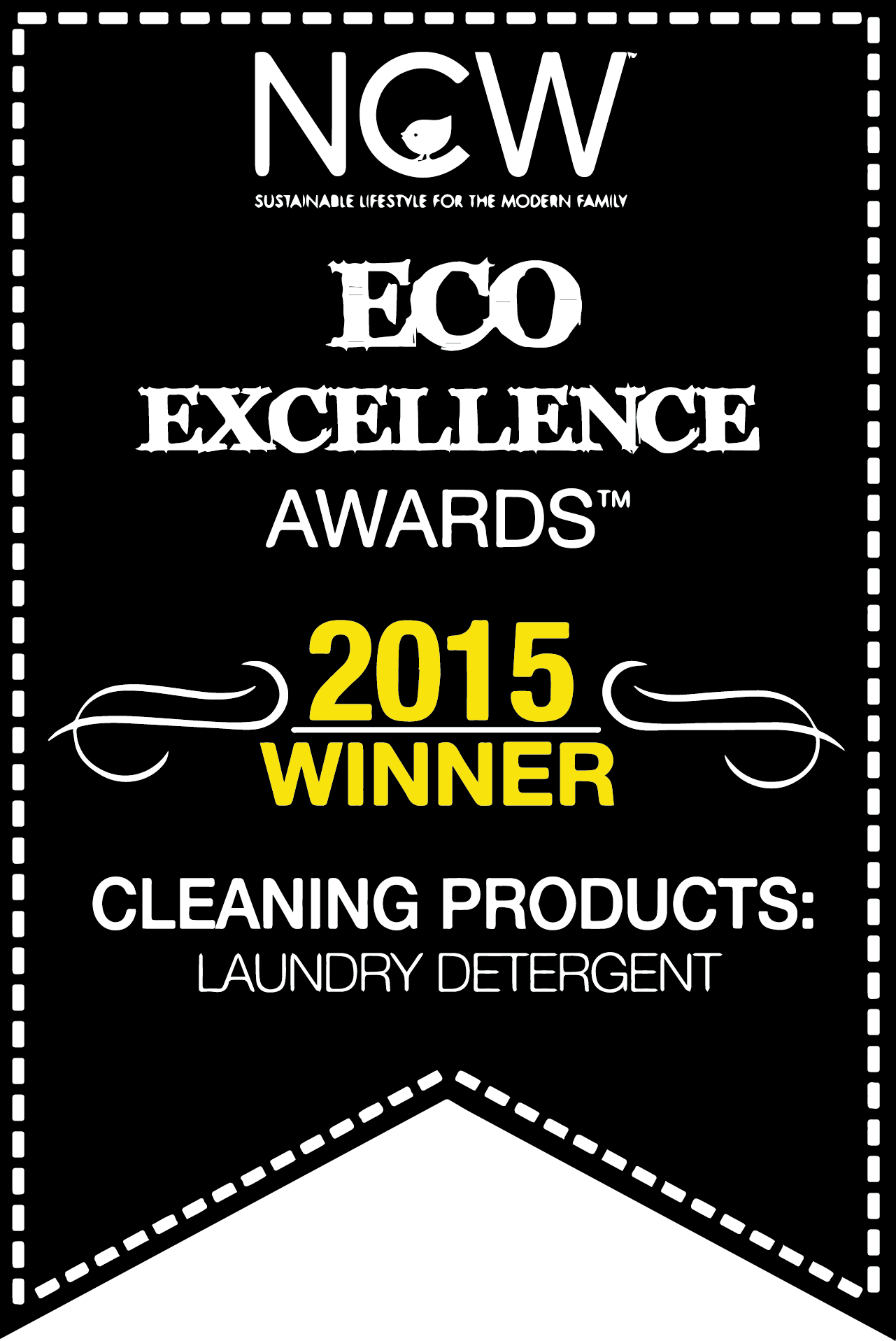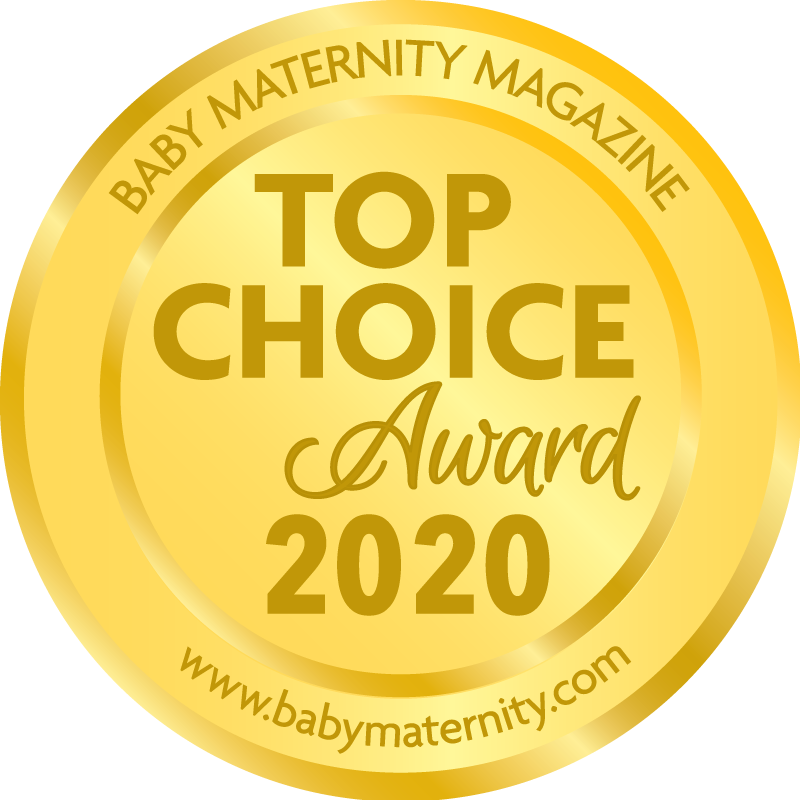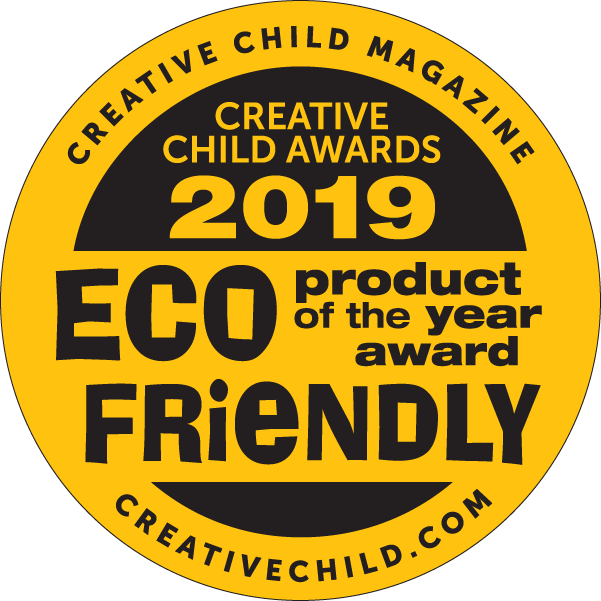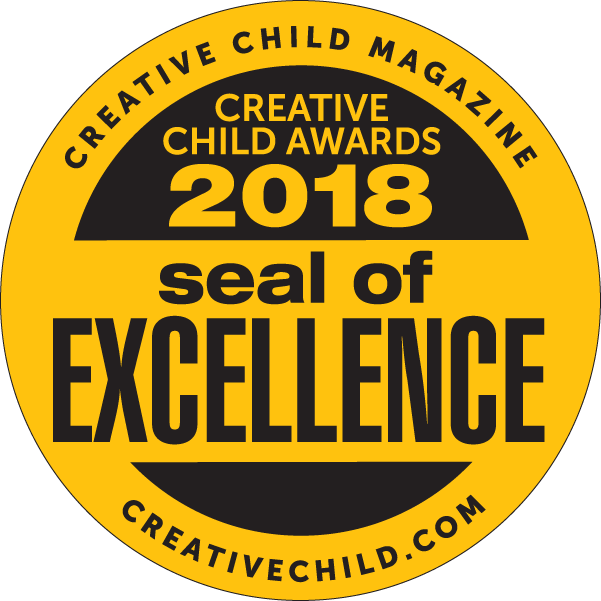Customer Service 1-877-542-6676
Live for Tomorrow
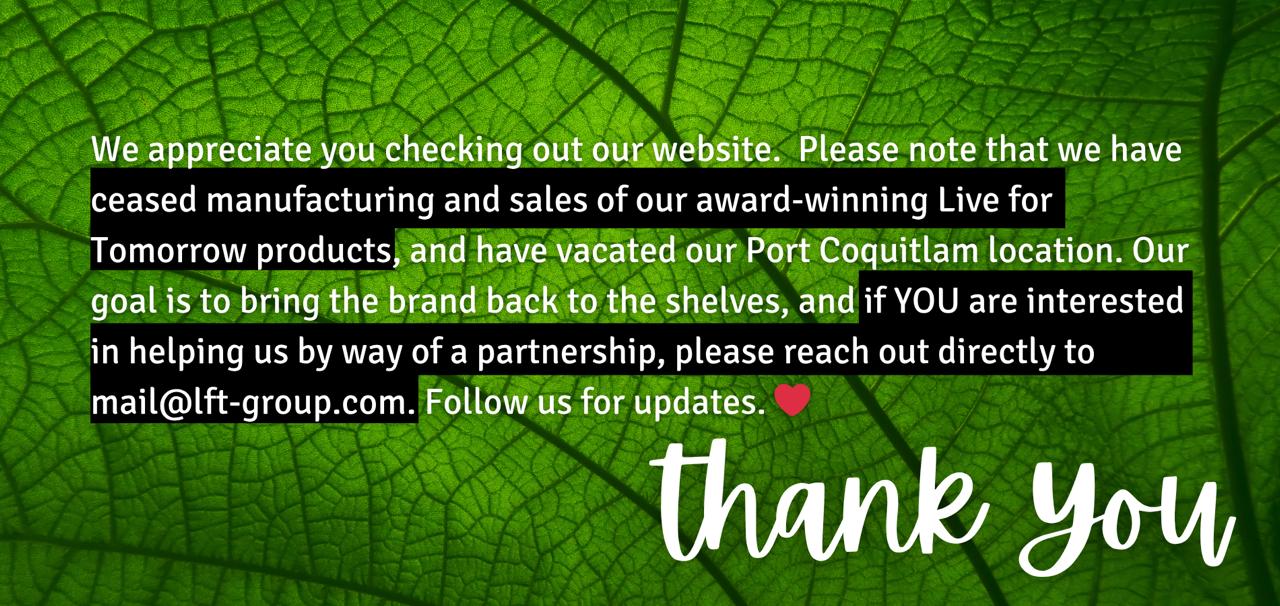
FINAL SALE - 50% all remaining inventory


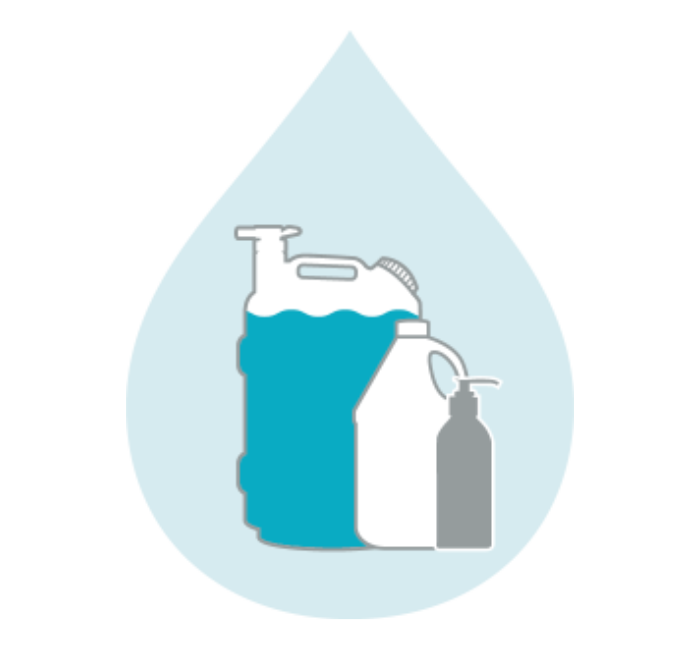
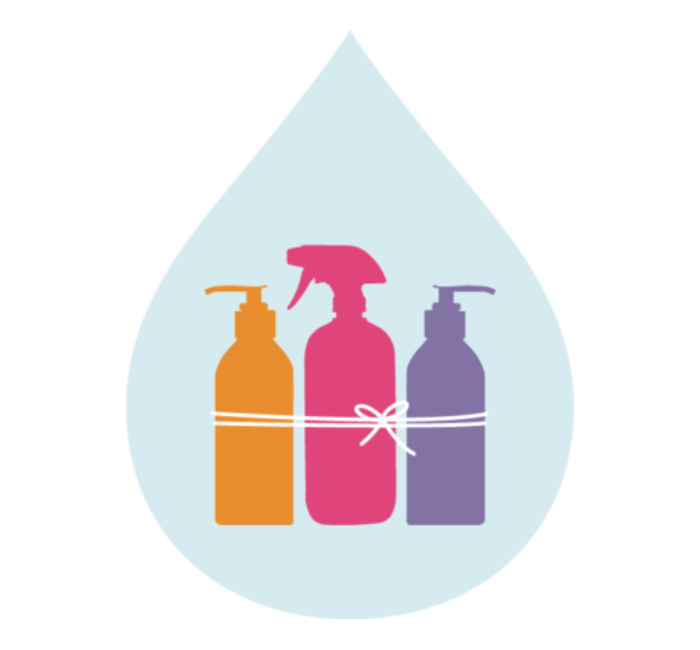
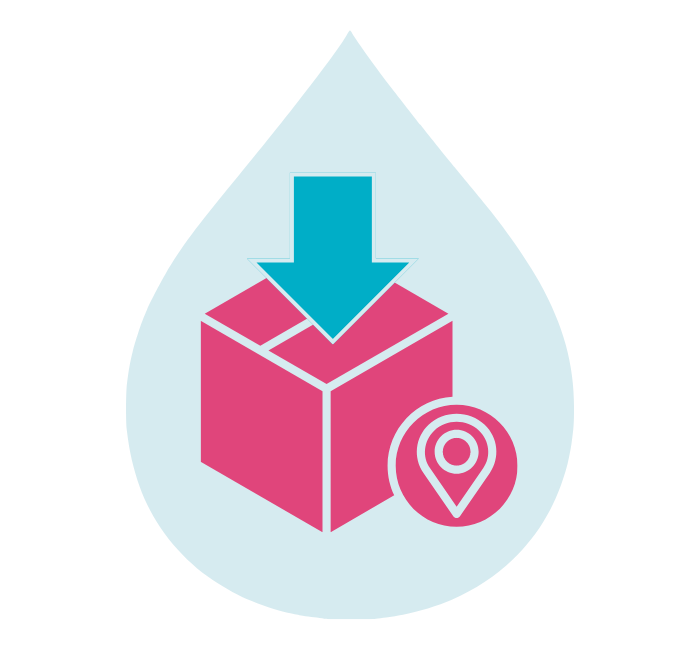
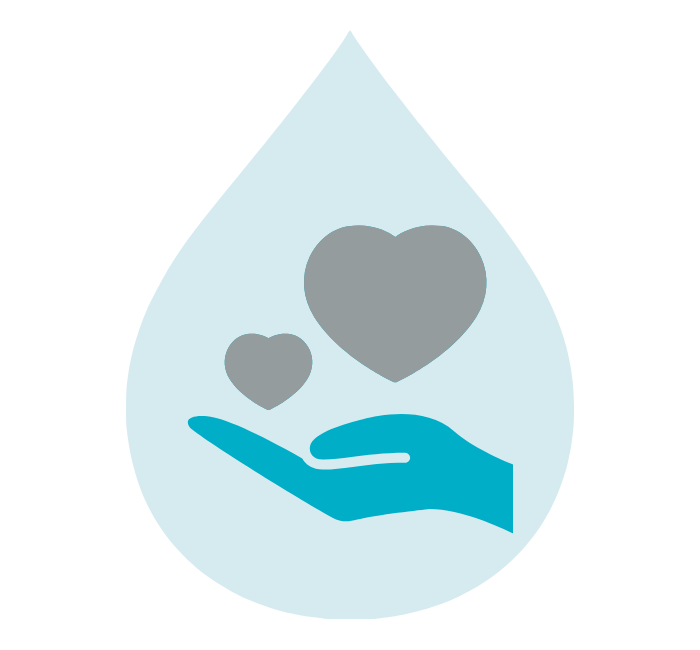




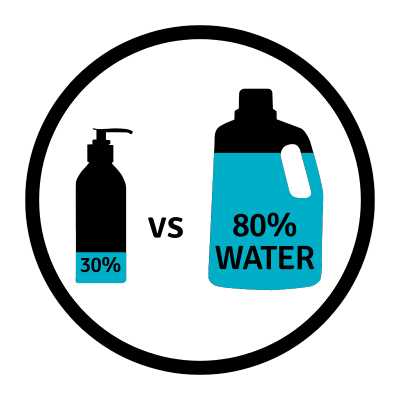
Recent Blog Posts
Our Save LFT Sale has been extended until March 31, 2025, and we’re offering 40% off all Live for Tomorrow products - but that’s not all!
As a huge thank you to everyone who has placed an order during this critical time, we’re giving back with a cash prize draw! Every order placed from Feb 1 to Mar 31, 2025 - whether online or at our Factory Showroom Refill Store - enters you for a chance to win*. The more orders you place, the better your chances!
How It Works
- Every order = one entry (multiple orders mean multiple chances to win!).
- All online orders and in-person purchases at our Factory Showroom Refill Store qualify.
- Winners will be notified by email and announced on our social media pages.
Draw Dates & Prizes
We’re celebrating every milestone we reach on our way to 2,000 orders!
- When we reach 50% of our goal → Prize draw for $100
- When we reach 75% of our goal → Prize draw for $150
- When we reach 100% of our goal → Prize draw for $250
Every single order placed between February 1 and March 31, 2025 is eligible, so if you've already ordered - you're in! And if you haven’t yet, there’s still time.
*Limit of one cash prize per customer.
Why Your Support Matters
This sale isn’t just about discounts - it’s about keeping Live for Tomorrow alive. We need to reach 2,000 orders of $100 or more to continue bringing you eco-friendly, toxin-free cleaning products. Your support means everything, and this giveaway is our way of giving back to our amazing community.
✅ Shop now and get your entry in: www.lftbrands.com
✅ Learn more about our situation: www.lftbrands.com/help-save-us
Thank you for standing with us - we can’t wait to give back and celebrate our community! 💚♻️🎊
UPDATED APR.1/25:
Thank You for your continued support.
We are extremely grateful for the outpouring of support we have received in the last two months. We are taking a breath to assess our situation and determine our future. In the meantime, we continue business as usual and all orders placed will be fulfilled - thank you for your ongoing support! Stay tuned...
UPDATED FEB.26/25:
Thank you for the outpouring of support!
|
Although we still have quite a way to go to reach our target goal, we have received a sufficient number of orders since Feb 1 to give us an extra month to reach out our goal! Whew! THANK YOU!!!
As such, we have extended our Save LFT Sale to March 31! We hope that this additional time gives us one last chance to turn things around.
If you love our eco-friendly, non-toxic, and sustainable cleaning products, now is the time to stock up! All orders placed in March will be fulfilled (shipped out or ready for pick up) by end of April, at the latest. Every purchase helps us reach our objective.
As a huge thank you to everyone who has placed an order during this critical time, we’re giving back with a cash prize draw! Every order placed from Feb 1 to Mar 31, 2025 - whether online or at our Factory Showroom Refill Store - enters you for a chance to win*. The more orders you place, the better your chances! Learn more about this here.
Shop 40% OFF now here. 💜
Thank you for standing with us. 💚
With gratitude, The Live for Tomorrow Team |
 |
- Step 1: Scroll down below Bundle image to select the quantity of Bundles you want to buy and click "Add to cart"
- Step 2: Skip free gift pop-up, ignore free shipping threshold and "Proceed to checkout"
- Step 3: For delivery option, choose "Pickup in store" and complete purchase. We will take it from there!
ORIGINAL POST FEB.1/25:
We need your help.
The current economic and political climate has many Canadian small businesses struggling. LFT is one of them. We have fought hard over the past year to keep our heads above water, but we have now reached the point where we cannot continue operations without your help. We have determined our stay-alive target, and if we don't reach it by end of February, we will be forced to shut down LFT. We absolutely love what we do, and after 18 years, the thought of this is gut-wrenching.
|
Our big ask. For the month of February, we are having a 40% site wide sale on all Live for Tomorrow products, and need 2,000 customers to purchase a minimum $100 order by the end of Feb. All orders placed will be fulfilled (shipped out or ready for pick up) by end of March, at the latest. We are so grateful for the Live for Tomorrow community that has supported us over the years, and so proud of the positive impact on the environment we have made together. We are thrilled to announce that in our time of need we have come up with a way to help our community as well! Consider purchasing a discounted SHARE bundle that will be donated directly to SHARE Family Services. Learn more here.
Please help support us to
|
Feel free to reach out to us if you wish to discuss -
find our contact info here.
Introduction
Poly(vinyl alcohol) (PVA) is a synthetic polymer celebrated for its water solubility and versatility. From laundry pods to pharmaceuticals, PVA plays a crucial role in modern industries. However, concerns about its incomplete biodegradability and environmental impact are driving conversations about more sustainable alternatives. This article examines PVA’s lifecycle, challenges in wastewater treatment, and why eco-friendly options like Live for Tomorrow (LFT) products may provide a better path forward.
Applications of PVA: Useful but Problematic
Invented in 1924, PVA has become a key material in textiles, packaging, and other industries due to its strength and water-soluble properties. It’s widely used in coatings, adhesives, and films. However, while its functionality is undeniable, its environmental sustainability is increasingly questioned. Its solubility in water often leads to misconceptions that it fully degrades (1).
The Biodegradability Problem: Misconceptions About Wastewater Treatment
PVA is marketed as biodegradable, but standard wastewater treatment plants are unable to completely break it down. While specific conditions in advanced treatment processes can facilitate biodegradation, typical facilities often achieve only partial degradation, leaving microplastics and other residual compounds in treated water (2). These persistent particles can end up in rivers, lakes, and oceans, creating long-term environmental risks.
From Treatment Plants to Oceans: The Ripple Effect
The incomplete degradation of PVA in wastewater treatment plants results in residual particles entering aquatic ecosystems. These microplastics can accumulate in marine organisms, affecting biodiversity and threatening food safety for humans. Fish and other aquatic creatures ingest these particles, which can move up the food chain and potentially harm human health (2, 3).
Health and Environmental Impacts: Microplastics in the Food Chain
PVA-derived microplastics pose risks for aquatic and terrestrial ecosystems. When humans consume seafood containing these microplastics, they may be exposed to pollutants carried by the particles. Although the long-term effects of such exposure remain under study, potential risks include endocrine disruption, inflammation, and cellular damage (3).
Live for Tomorrow: A Truly Sustainable Alternative
In the face of these challenges, products like Live for Tomorrow (LFT) provide a sustainable alternative to PVA-based solutions. LFT cleaning products use biodegradable, plant-based ingredients designed to minimize environmental impact. Unlike PVA, LFT’s formulations break down completely, leaving no harmful residues behind.
Key Advantages of LFT Products:
- Readily biodegradable, ensuring complete breakdown in natural environments.
- Reduced use of plastics in packaging.
- Transparency in ingredient sourcing and environmental responsibility.
By switching to products like LFT, consumers can actively reduce their contribution to the growing microplastic crisis.
Conclusion
While PVA has enabled many industrial advances, its environmental costs cannot be ignored. Its incomplete biodegradation in wastewater systems contributes to the growing problem of microplastics in ecosystems and human food chains. Products like LFT cleaning solutions offer an opportunity for consumers to choose truly sustainable alternatives, fostering a future where innovation and environmental stewardship coexist.
Updated Sources:
- Chemical Book: Polyvinyl Alcohol Properties, Production Process, and Uses
- Royal Society of Chemistry: Poly(vinyl alcohol) Biodegradation
- Springer: Poly(vinyl alcohol) as Sustainable and Eco-Friendly Packaging
Make a difference with Live for Tomorrow and support SHARE Society!
This season of giving, get all the warm feels with Live for Tomorrow!
Spread the love at our food drive and fundraising "Community Giving Event" in support SHARE Society, taking place Thursday, Nov 28 to Monday, Dec 2 (closed Sunday).
Join us at our Factory Showroom & Refill Store in Port Coquitlam to enjoy giveaways, prizes, and our BIGGEST SALE of the year.
Event kick-off - "Mix & Mingle"
Our Community Giving event kicks off with a "Mix & Mingle" on Wednesday, November 27 from 5-7:00PM for Tri-Cities Chamber of Commerce members.
Tri-Cities Chamber Members please register here for the event and bring a donation for SHARE* for entry. See registration page for further details.

Community Giving Event
We welcome everyone to join us on Thursday, Nov 28 to Monday December 2 to support SHARE Society with non-perishable food items* and/or financial donations at our Port Coquitlam Factory Showroom & Refill Store.
We are collecting non-perishable food items and financial donations for SHARE*. Bring a donation and enjoy:
⭐️ Chance to win Live for Tomorrow product bundle valued at $105.50
⭐️ Free gift on purchases - and up to 2 eco-colouring kits for children - (min $60 spend – while supplies last)!
Take advantage of our Black Friday / Cyber Monday deals - BIGGEST SALE of the year - to green up your home, your office, or gift to your loved ones!
🎄✨ FREE Eco "Grab-Bag" for the first 10 people each day ✨🎄
📆 Community Giving Event
Thursday, Nov 28 - noon to 5pm
Friday, Nov 29 - noon to 5pm
Saturday, Nov 30 - 10am to 2pm
Monday, Dec 2 - noon to 5pm
*🥫🍝 SHARE Society has specifically requested the following non-perishable food items: Rice, Pasta, Lentils, Canned Tuna, Chunky Tomato Sauce, Diced Tomatoes, Beans in Tomato Sauce, and Cooking Oil.
Click here to shop our Black Friday Sale online! Nov 28 - Dec 2
Directions:
📍LFT Factory Showroom
Unit 2170 - 580 Nicola Avenue
Port Coquitlam


- Choosing a selection results in a full page refresh.







